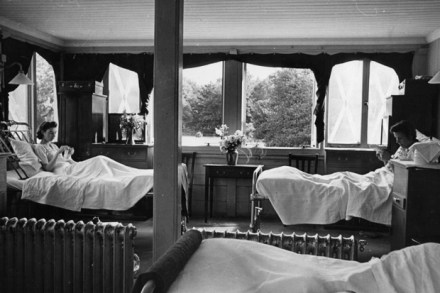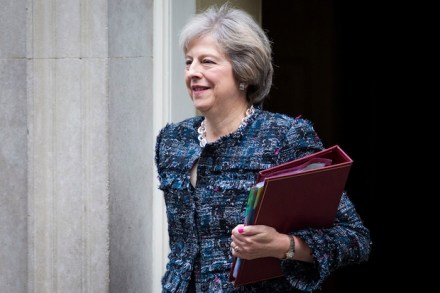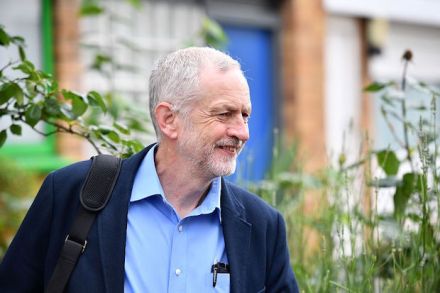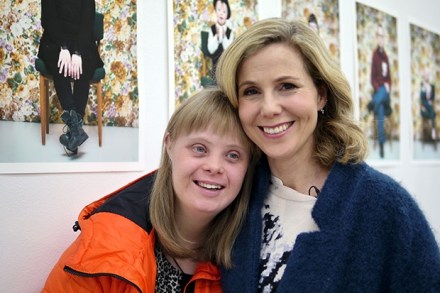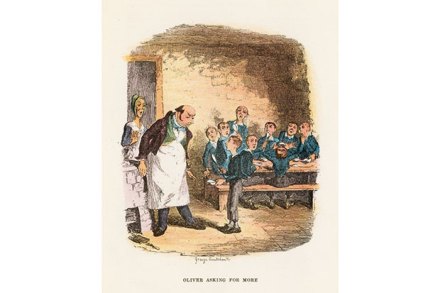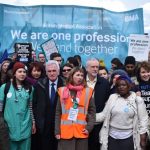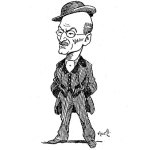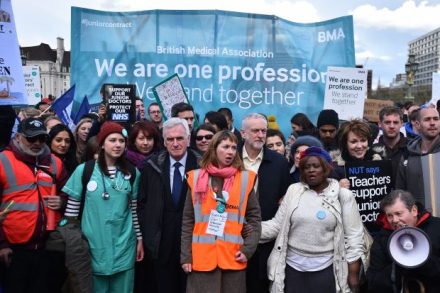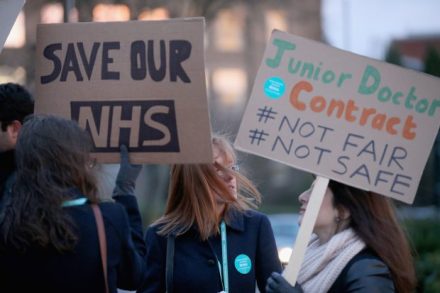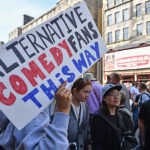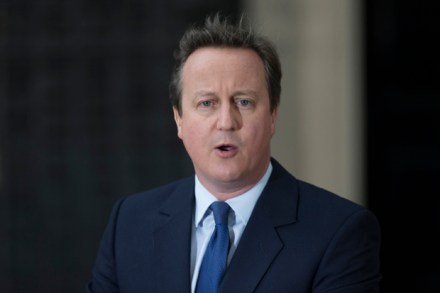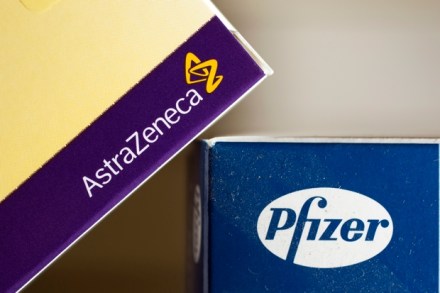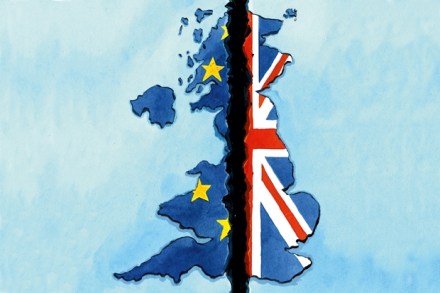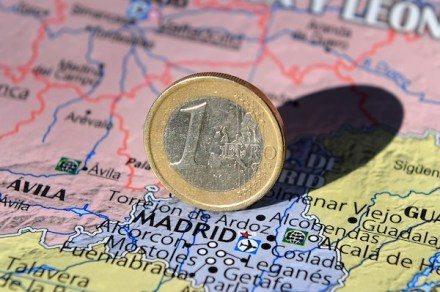TB or not to be
If you are 70-plus, the shadow of TB will have hung over your childhood and youth, as it did mine, and Linda Grant’s new novel strikes many a chord. My maternal aunt had the disease, and spent months in a sanatorium like the one described in The Dark Circle, but finally had a thoracotomy (removal of a lung and seven ribs). She was also given the ‘new’ wonder drug Streptomycin and together with the operation, it cured her to live until she was 86. From the sanatorium, she sent me drawings of herself lying under a blanket on the freezing terrace halfway up a mountain. I only include these personal
